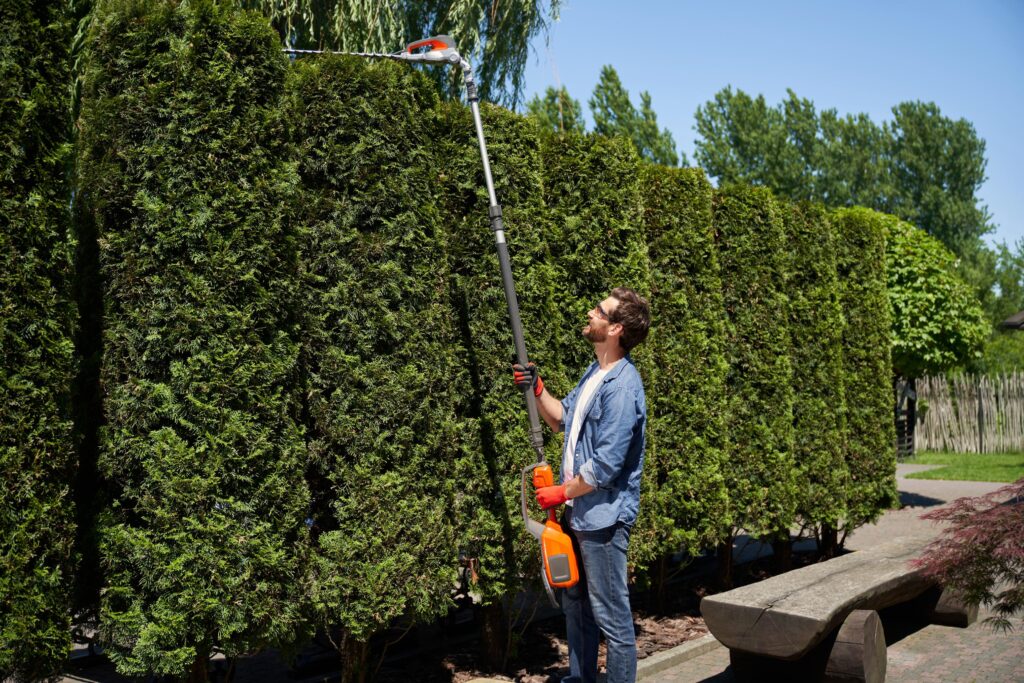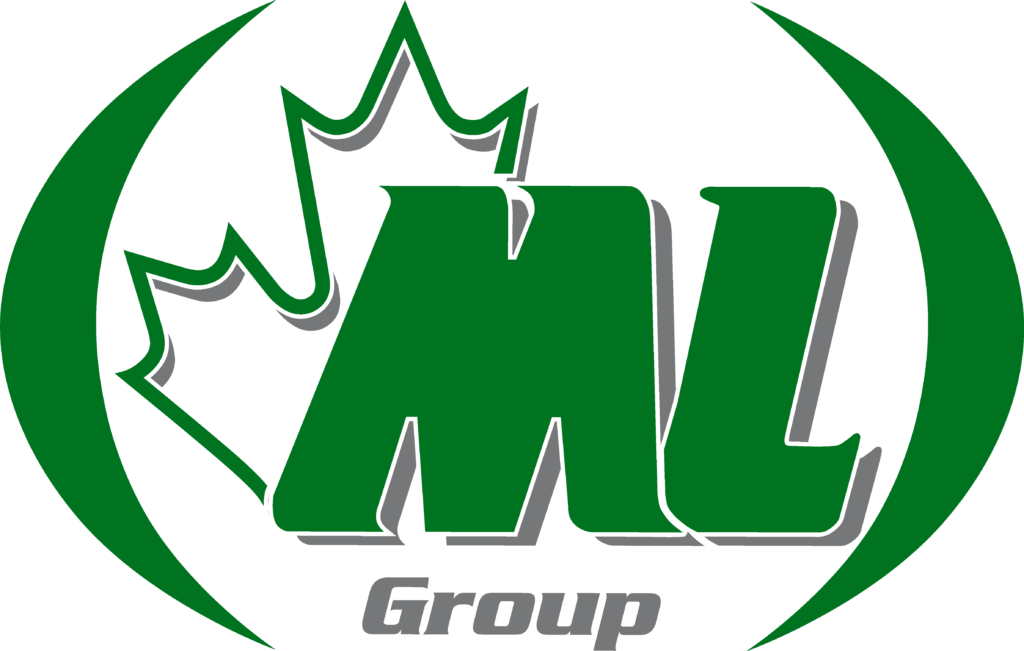In the competitive landscape of outdoor design, providing clients with exceptional screening solutions is more important than ever. The right screen can significantly enhance privacy, aesthetics, and functionality. As a contractor, having a deep understanding of the available options and their applications will set you apart from the competition and help you deliver superior results.
Understanding Client Needs
Before recommending a screening solution, it’s essential to thoroughly understand your client’s unique needs:
- Privacy Requirements: Assess how much privacy your client desires. Some clients may prefer a solid barrier to completely block out neighbors, while others might look for partial screening that maintains an open feel.
- Aesthetic Preferences: Align your recommendations with your client’s desired style, whether they lean towards a natural, modern, or classic design.
- Functional Considerations: Consider additional needs such as noise reduction, wind protection, and spatial division.
Screening Options for Contractors
Here’s an in-depth look at different screening options to help you provide tailored solutions for your clients:

1. Hedges & Shrubs
Hedges and shrubs like Arborvitae, Boxwood, and Holly are excellent for creating a natural and lush privacy barrier. These plants provide year-round coverage, seasonal interest, and support local wildlife, enhancing the overall ecosystem of the yard.
- Arborvitae (Thuja): Varieties like ‘Green Giant’ and ‘Emerald Green’ are fast-growing and dense, ideal for creating tall, evergreen hedges.
- Boxwood (Buxus): Varieties such as ‘Wintergreen’ and ‘Green Velvet’ are perfect for formal hedges and topiaries, maintaining their shape well.
- Holly (Ilex): Varieties like ‘Helleri’ and ‘American Holly’ offer evergreen foliage and bright red berries in winter.
These plants require time to mature, regular pruning, and pest control. They are perfect for clients seeking a long-term, green privacy solution.
Pro Tips: Recommend fast-growing varieties and advise on proper spacing to ensure a dense, effective screen. Ensure the soil is well-drained and amend with organic matter to support healthy root development.

2. Fences
Fences come in various materials including wood, metal, and composite, and can be customized in height and design. They offer a solid, durable barrier and can be tailored to meet different styles and functional needs. Fences provide immediate privacy and can be adapted to various aesthetics.
Innovative Materials:
- Eco-Friendly Composites: Recycled plastic wood and bamboo composites offer durability and minimal maintenance, replicating natural wood with improved environmental benefits.
- Decorative Metals: Options like Corten steel provide a modern, rust-like appearance that is highly durable, while aluminum panels offer customizable aesthetics and resistance to rust.
Installation can be costly, and maintenance varies with the material used. Be aware of local regulations and zoning laws regarding fence installation.
Pro Tips: Suggest contemporary designs and materials that align with current trends. Explore custom options for unique solutions tailored to client preferences.

3. Trellises & Arbors
Trellises and arbors support climbing plants and add vertical interest to gardens. They offer both functionality and style. These structures provide a softer, natural screen and add architectural appeal. They are ideal for clients who want partial privacy and decorative elements.
Proper plant selection and ongoing maintenance are crucial to ensure the screen remains effective and visually appealing.
Pro Tips: Provide advice on popular climbing plants such as clematis and wisteria. Suggest designs that enhance the garden’s overall aesthetic and complement existing landscaping features.

4. Bamboo Screens
Bamboo screens are known for their rapid growth and eco-friendly properties, offering a dense and natural look. They provide quick coverage and require minimal maintenance, making them suitable for a modern or tropical look.
Bamboo can spread quickly, so it’s important to implement containment measures. Proper installation is key to managing its growth. Manage bamboo growth through containment strategies and occasional thinning to maintain appearance and prevent overcrowding.
Pro Tips: Recommend bamboo varieties that thrive in local climates. Implement effective installation techniques to ensure proper containment and durability.

5. Decorative Panels
Decorative panels, also known as privacy panels, come in materials like wood, metal, and composite, featuring various designs and patterns. They offer a stylish, modern touch and are easy to install and maintain. Ideal for clients seeking a visually striking privacy solution.
The level of privacy and durability varies by material and design, so discuss options to match client needs.
Pro Tips: Highlight innovative panel designs and materials that offer both durability and aesthetic appeal. Ensure the panels are suited to the local climate and weather conditions.
Factors to Consider for Professional Projects
When selecting and installing screens, consider these factors:
- Climate and Weather: Choose materials that can withstand local weather conditions. For cold climates, opt for treated wood or metal that resists frost. In hot climates, select materials that reflect heat and prevent fading.
- Space and Layout: Assess the yard’s dimensions and layout to recommend appropriate screen sizes and types. Ensure materials and designs fit well with the existing landscape.
- Budget and Cost Efficiency: Balance client budgets with high-quality materials and solutions for cost-effective projects. Offer value engineering options to maximize budget efficiency.
- Compliance: Stay informed about local regulations and zoning laws related to screening installations to avoid any legal issues. Check for height restrictions and permit requirements before starting the project.
Installation Best Practices
- DIY vs. Professional Installation: Recommend professional installation for complex projects, especially for custom or high-end materials. For simpler tasks, DIY can be a cost-effective option if the client has the skills and tools.
- Preparation and Planning: Ensure accurate measurements, thorough planning, and proper site preparation. Consider factors such as soil condition and site access.
- Avoiding Common Mistakes: Prevent errors such as incorrect sizing, improper installation techniques, or neglecting local codes. Double-check all measurements and materials before installation.
Conclusion
Selecting the perfect screen for any project requires a deep understanding of client needs, familiarity with diverse screening options, and attention to practical factors. Staying informed about the latest materials and landscaping trends will not only ensure exceptional results but also help set your services apart from the competition.
At ML Group, we provide expert advice and high-quality materials to support your success. Whether you’re looking for cutting-edge solutions or trusted guidance on best practices, we have everything you need. Visit ML Group today to explore our wide range of landscaping products tailored to your project’s unique requirements.
Looking to elevate your business? Sign up to our blog for exclusive insights, industry tips, and the latest updates to keep you ahead in the construction and landscaping industry.









